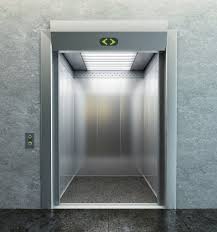记忆方法
将“lift”与“light”的发音联系起来,通过想象动作“抬起”像是在让某个东西变“light”(轻),帮助记忆这个单词的含义。
以上内容由AI生成, 仅供参考和借鉴
中文词源
lift 举起
来自Proto-Germanic*luftuz,空气,天空,词源同loft.可能进一步来自PIE*legwh,轻的,举起,词源同lever,light.
英语词源
- lift
-
lift: see loft
- lift (v.)
- c. 1200, from Old Norse lypta "to raise," from Proto-Germanic *luftijan (cognates: Middle Low German lüchten, Dutch lichten, German lüften "to lift;" Old English lyft "heaven, air," see loft). The meaning "steal" (as in shop-lift) is first recorded 1520s. Related: Lifted; lifting.
- lift (n.)
- late 15c., "act of lifting," from lift (v.). Meaning "act of helping" is 1630s; that of "cheering influence" is from 1861. Sense of "elevator" is from 1851; that of "upward force of an aircraft" is from 1902. Meaning "help given to a pedestrian by taking him into a vehicle" is from 1712.
权威例句
- 1. I gave her a lift back out to her house.
- 我让她搭我的便车回家。
- 2. The lift started off, juddered, and went out of action.
- 电梯开动了,接着剧烈震颤起来,然后就毫无反应了。
- 3. A bit of exercise will help lift his spirits.
- 进行一点儿体育锻炼能帮助他改善情绪。
- 4. Can you just lift the table for a second?
- 你把桌子抬起来一下好吗?
- 5. He led the way to the lift. Fox played along, following him.
- 他朝电梯走去,福克斯只得紧随其后。

